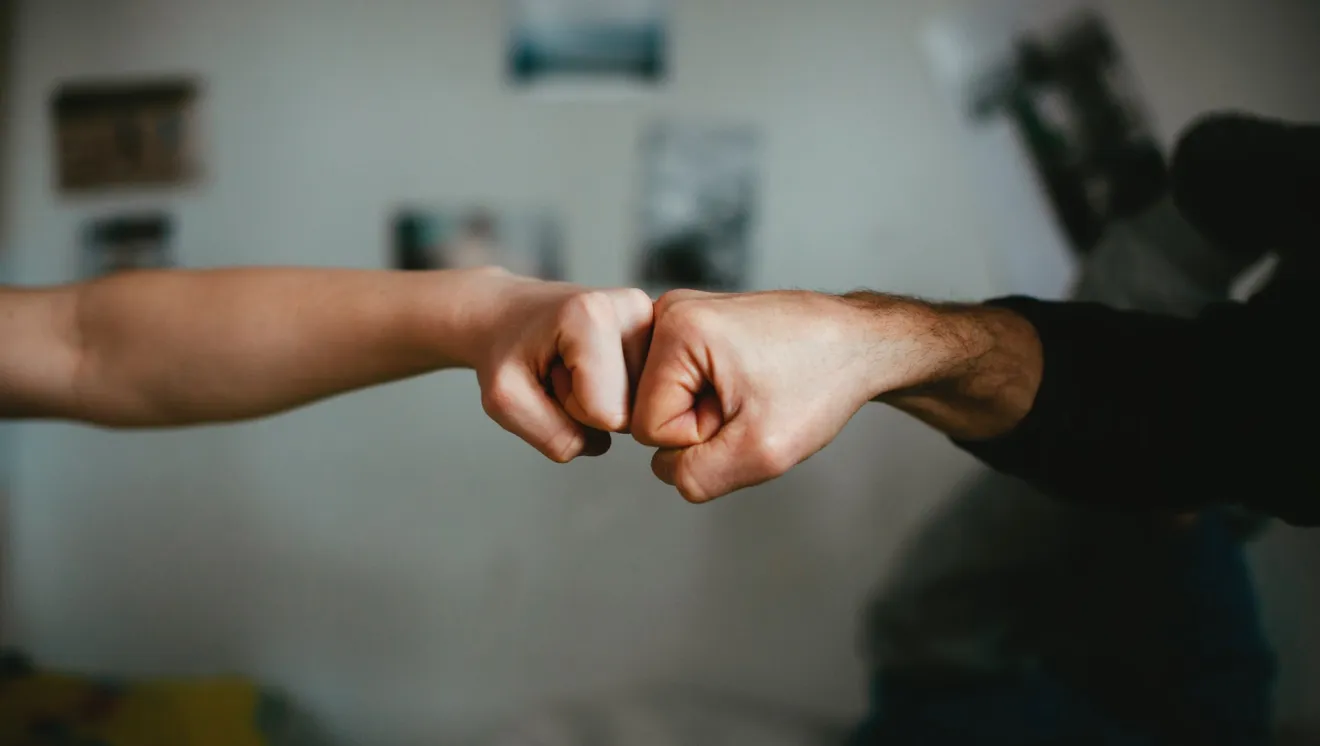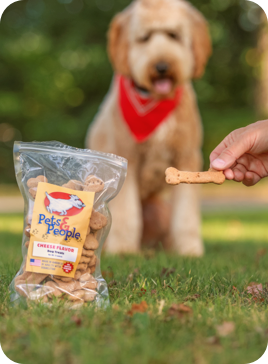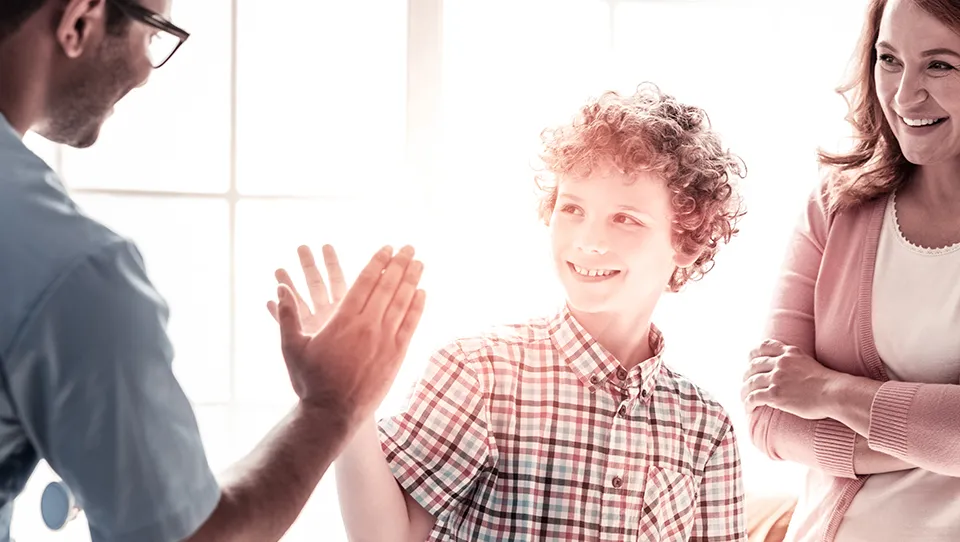Peer Mentoring and the Boundless BEST Program
- Services
- Autism Care
- News

“Everyone Wants Friends, But Not Everyone Knows How to Get Them:”
While there are many programs available for children who have autism or behavioral health challenges, once they reach adulthood the resources become scarce. There is even a name for it: approaching the cliff. It can be difficult during these transition years for young people to navigate the world on their own, especially in social situations.
Boundless is excited to address these problems by offering new peer mentoring opportunities targeting teens and young adults under our B.E.S.T. (Boundless Experiences for Successful Transitions) program. It will be funded by a federal SAMSHA grant of $1 million Boundless received in the fall of 2021 to cover the cost and startup expenses for the next two years.
At the beginning of February, Boundless began peer mentoring in a one-on-one setting for individuals ages 14-29. This program focuses on developing social skills by working with a peer model who demonstrates appropriate behaviors in a variety of situations.
Rebecca Christner, a Boundless peer mentor, said she helps around a dozen people on a regular basis build skills like entering and exiting conversations, understanding humor, and how to deal with winning and losing games.
The activities Christner engages in vary greatly with each person. She meets with individuals one-on-one in a comfortable setting to evaluate and develop their social skills. Then she meets them in their community to foster the independent use of those social skills in both new and familiar situations. For example, she has been to a basketball court to help someone join a game and to Barnes and Noble to help someone shop and checkout. Things others might take for granted can be big obstacles to individuals who have autism.
“By engaging in activities with them, it helps create a script for the next time. Then when they go alone, they will have less anxiety doing the activity,” Christner said. “The goal of the mentoring program is eventually they won’t need my help.”
With the social isolation during the pandemic, many young people socialized entirely online, and they did not have to branch out anymore, but the in-person component is important. “Everyone wants friends, but not everyone knows how to get them,” Christner said. “Every individual should have support systems and know what it is like to just hang out with others. I am excited and honored to help make these connections with them.”
Boundless is also starting the PEERS group, which uses a curriculum developed by UCLA. In a group setting, PEERS participants will learn some of the social and independence skills necessary for a successful transition to adulthood. The class will meet on Wednesdays from 5:30 to 7 p.m. beginning April 20 and run for sixteen weeks. It is open to those currently enrolled at Boundless and is designed for individuals ages 17-29.
Currently, the B.E.S.T. program serves individuals living in Central Ohio who have Ohio Medicaid. There are still openings in the one-on-one mentoring and the PEER group. If you have questions or are interested in registering, please contact Kelli James at kjames@iamboundless.org.








